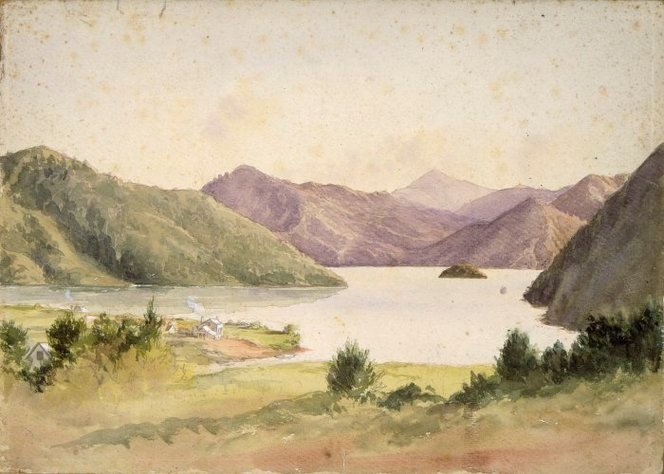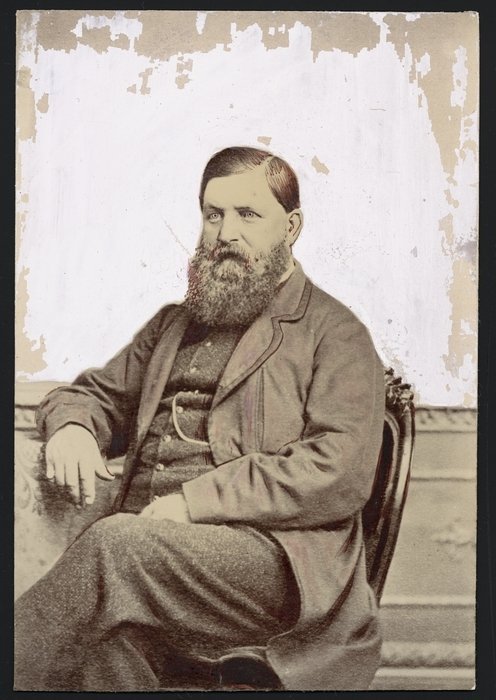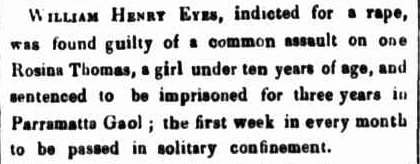Well, settle in, because I have a little story from New Zealand's former province of Marlborough that might just make the UK look amateurish in the art of improper prorogation. (Thread, 1/19)
Blenheim (or The Beaver) was... not happy about this.

Well. He remained superintendent until council elected a new one. Council met as required... and HE PROROGUED IT IMMEDIATELY.
The remaining members, however, stayed put. They elected William Henry Eyes as superintendent (pic: @NLNZ PAColl-7581-28).
Marlborough now had pope and antipope.

Despite his past, Eyes was Blenheim's champion.

No problem, though. Eyes met with his allies at the Tasmanian Hotel across the road, and they resolved to move the council to Blenheim.












